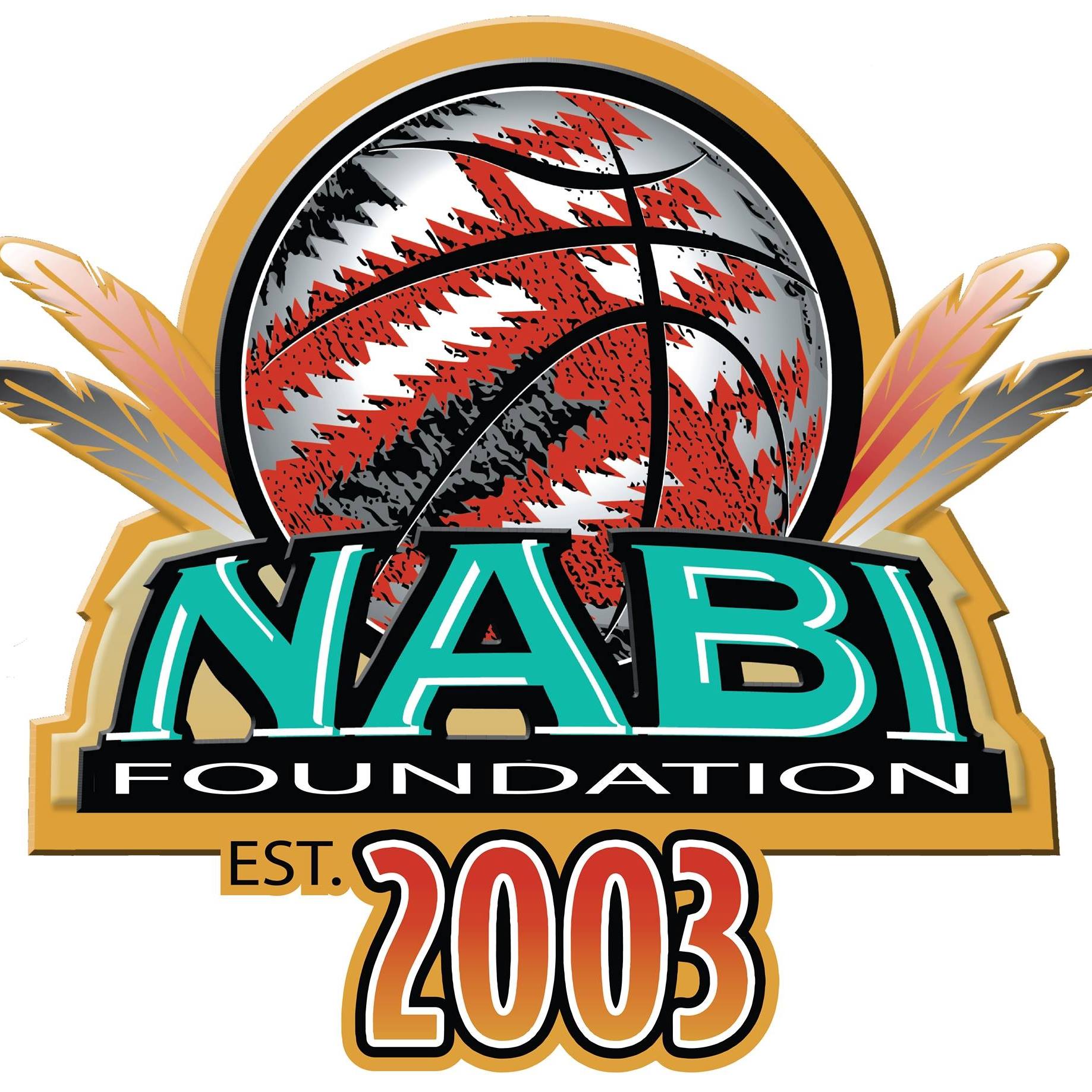
- Details
- By Jenna Kunze
PHOENIX, Ariz. — One hundred and twenty-eight Native youth leagues from all corners of the U.S.—and even into Canada and island country Samoa—will come together for a week of competition and educational speakers July 11-17 in Phoenix, Ariz.
Registration for the Native American Basketball Invitational—a week-long camp typically showcasing topical workshops specific to Indigenous health and wellness, motivational speakers, and a college and career fair—closed last week. It is the largest Indigenous basketball tournament in North America.
High school teams will travel to the southwest city from Alaska, California, New York, Florida, and many states in between, said Director of Program Operations at NABI, Lynette Lewis.
“We are changing it up this year as far as the format,” Lewis told Native News Online. Covid-19 shut down last year’s invitational for the first time since its formation in 2003, but this summer organizers say a mandated mask policy and scaled-down version of educational programming will get kids back on the courts.
Teams will compete as usual in a “pool play” at four teams per pool. Based on each team’s record, they will get placed into a bracket: typically either silver or gold division. This year, however, the organization eliminated the gold division, so each team will compete in a double elimination structure. Instead of four games, teams will be guaranteed five games each.
But the summit is about way more than the game, organizers say.
“For us, we are an organization that teaches more than basketball,” Lewis told Native News Online. “We are very education based.” In non-Covid times, organizers invited industry-specific speakers to speak to youth about everything from college enrollment to how to maintain finances, to dealing with substance abuse and addiction.
The educational youth summit, which in 2019 brought in 18 motivational speakers to the camp, will also be scaled down this year to bring in two speakers for teammates, and one for coaches.
Slated to speak is Shawn Martinez (Navajo), a senior director with the Phoenix Suns, and Desirae Carranza (Gila River/Mojave), Canyon View High School Varsity Girls basketball coach.
Coach Raul Mendoza of the Chinle High School Boys Varsity Basketball in the Navajo Nation, featured in a Netflix docuseries “Basketball or Nothing,” will also join the invitational.
Championship games are scheduled for July 17 at the newly-renovated Phoenix Suns Arena. A full schedule of events is expected to be posted in late June on the NABI Foundation website.
The event is sponsored by organizations including KONE Corporation, Freeport McMoRan, Rolling Plains Construction and Arviso-Okland.
“They need a role model,” Lewis said of the incoming players. “They need mentorship. They need all of this.”
More Stories Like This
Native News Weekly (August 25, 2024): D.C. BriefsUS Presidents in Their Own Words Concerning American Indians
Two Murdered on Colville Indian Reservation
NDAA passes House; Lumbee Fairness Act Advances
NFL, Vikings to Host Native All-American Game, Youth Flag Clinic
Help us defend tribal sovereignty.
At Native News Online, our mission is rooted in telling the stories that strengthen sovereignty and uplift Indigenous voices — not just at year’s end, but every single day.
Because of your generosity last year, we were able to keep our reporters on the ground in tribal communities, at national gatherings and in the halls of Congress — covering the issues that matter most to Indian Country: sovereignty, culture, education, health and economic opportunity.
That support sustained us through a tough year in 2025. Now, as we look to the year ahead, we need your help right now to ensure warrior journalism remains strong — reporting that defends tribal sovereignty, amplifies Native truth, and holds power accountable.
 The stakes couldn't be higher. Your support keeps Native voices heard, Native stories told and Native sovereignty defended.
The stakes couldn't be higher. Your support keeps Native voices heard, Native stories told and Native sovereignty defended.
Stand with Warrior Journalism today.
Levi Rickert (Potawatomi), Editor & Publisher

